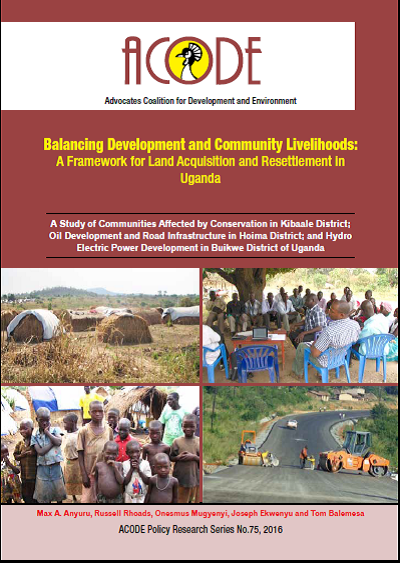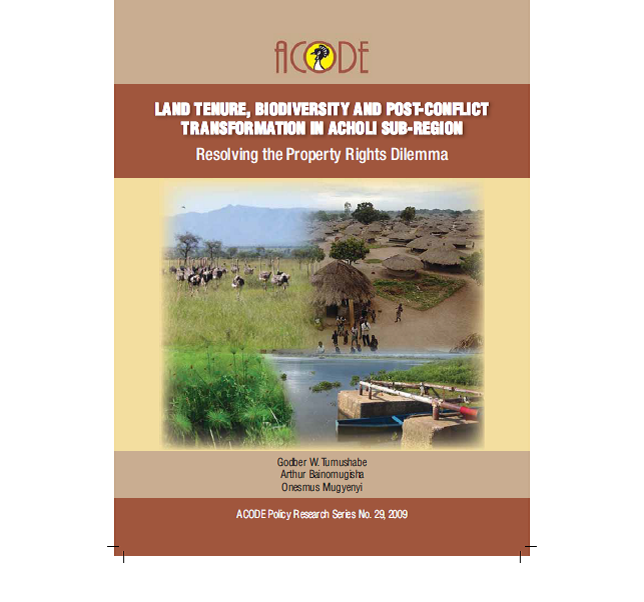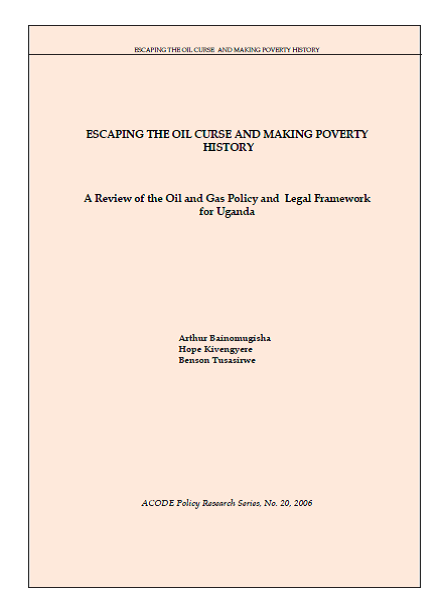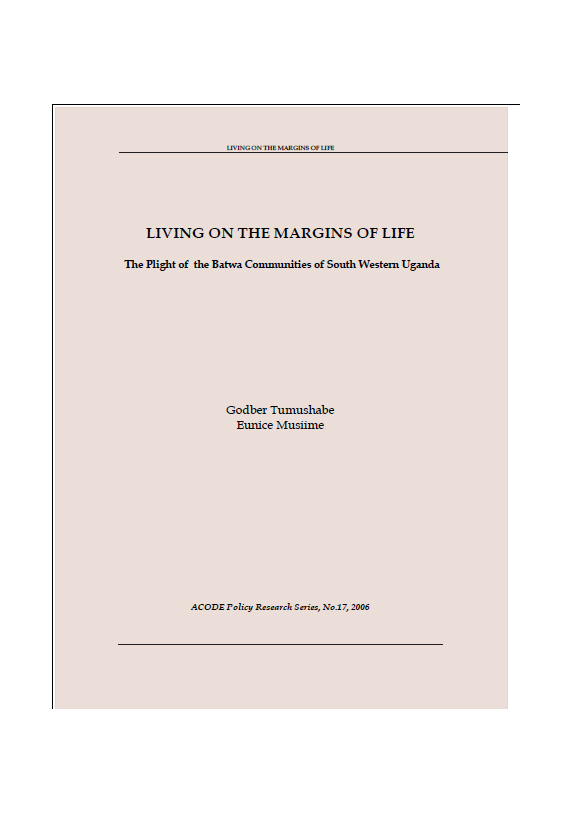Livestock in the rice-based economy of Office du Niger: The development potential for increased crop–livestock integration through multi-actor processes
A diagnostic study of the development potential of livestock for the rice-based economy of the Office du Niger (ON) was conducted in Mali. The functioning of selected farming systems and value chains were studied by means of interviews, surveys and farmer group discussions. The findings show that in the ON rice remains the prime agricultural activity; although half of the farm households own cattle (for capital insurance and draught power), livestock management is troublesome because of a lack of grazing land and water points.








